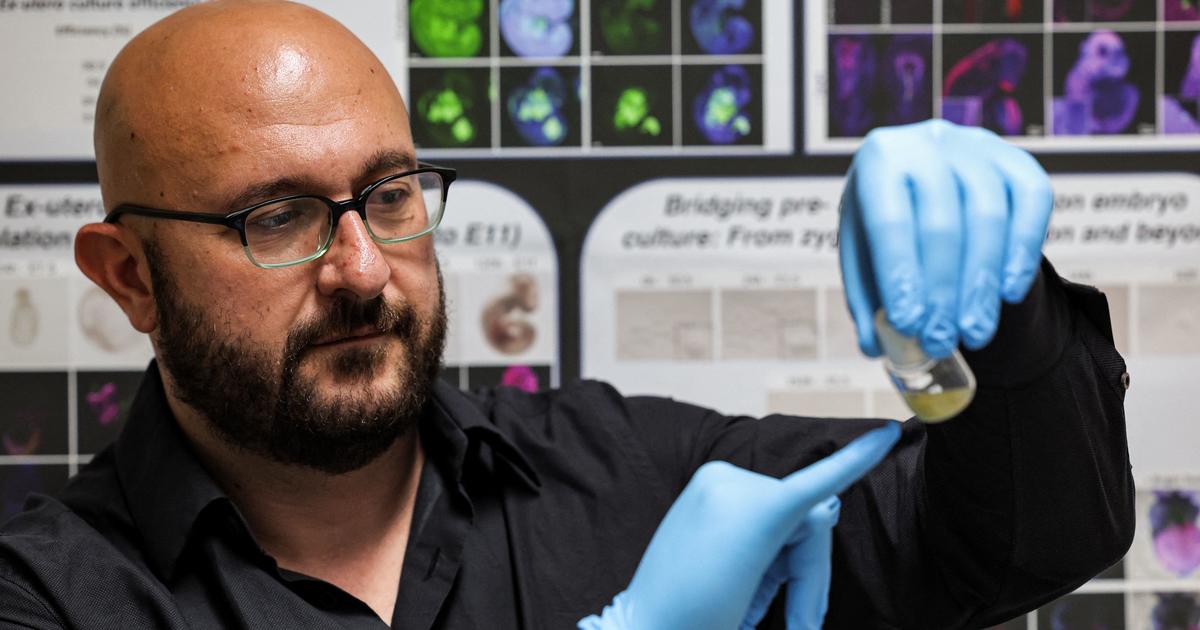Scientists Create Human Embryo-like Structures without Sperm or Fertilization
A groundbreaking development in the field of embryonic research has scientists excited about its potential impact on understanding miscarriage and birth defects. Researchers recently published their findings in the peer-reviewed journal Nature, detailing their successful creation of human embryo-like structures using embryonic stem cells. This innovative approach sheds light on the early stages of pregnancy, a critical period where complications often occur.
While the research has been lauded as a significant advancement, ethical concerns surround the creation and study of lab-grown human embryo models. Critics argue that clearer guidelines are necessary to ensure the responsible use of this technology.
This project, led by Jacob Hanna of Israel’s Weizmann Institute, utilized the versatility of embryonic stem cells, which have the capability to develop into any type of cell. The team successfully generated embryo models up to 14 days old, the legal limit for this type of research in many countries. At this stage, the models begin to exhibit organ development, including the brain.
What sets this study apart is its use of chemically modified stem cells, resulting in more realistic and complex models that closely resemble human embryos. These advancements hold promise for investigating and understanding conditions such as miscarriage, birth defects, and infertility.
According to James Briscoe of Britain’s Francis Crick Institute, the embryo models generated in this study closely mimic the cell development observed during early human embryonic stages. Briscoe, a principal group leader and associate research director, believes this breakthrough will provide valuable insights into the vulnerable period of pregnancy.
Both the researchers and independent scientists emphasize that these models should not be classified as human embryos. Although highly similar to in utero development, they possess distinct characteristics. Additionally, the success rate of generating these models remains relatively low, with proper cellular organization occurring only a small percentage of the time.
However, Darius Widera, an expert in stem cell biology at the University of Reading, views these advancements as a significant step forward. Widera states that these embryo-like structures contain most of the cell types found in developing embryos, indicating a closer approximation to normal development processes. He emphasizes the urgent need for a comprehensive regulatory framework to govern this evolving field.
In response to this emerging research, Cambridge University in the UK has initiated the development of a governance framework specifically designed for stem cell-based human embryo models. Although existing regulations prohibit the culture of human embryos for more than 14 days, these artificially formed structures derived from stem cells fall outside the scope of current legislation. Nevertheless, most scientists voluntarily adhere to ethical limits in their research.
It is crucial to note that the Weizmann Institute’s research did not extend beyond the 14-day mark, nor did it involve transferring the models into living organisms. The focus remains on further understanding human development and improving reproductive health outcomes.
Denial of responsibility! Vigour Times is an automatic aggregator of Global media. In each content, the hyperlink to the primary source is specified. All trademarks belong to their rightful owners, and all materials to their authors. For any complaint, please reach us at – [email protected]. We will take necessary action within 24 hours.



